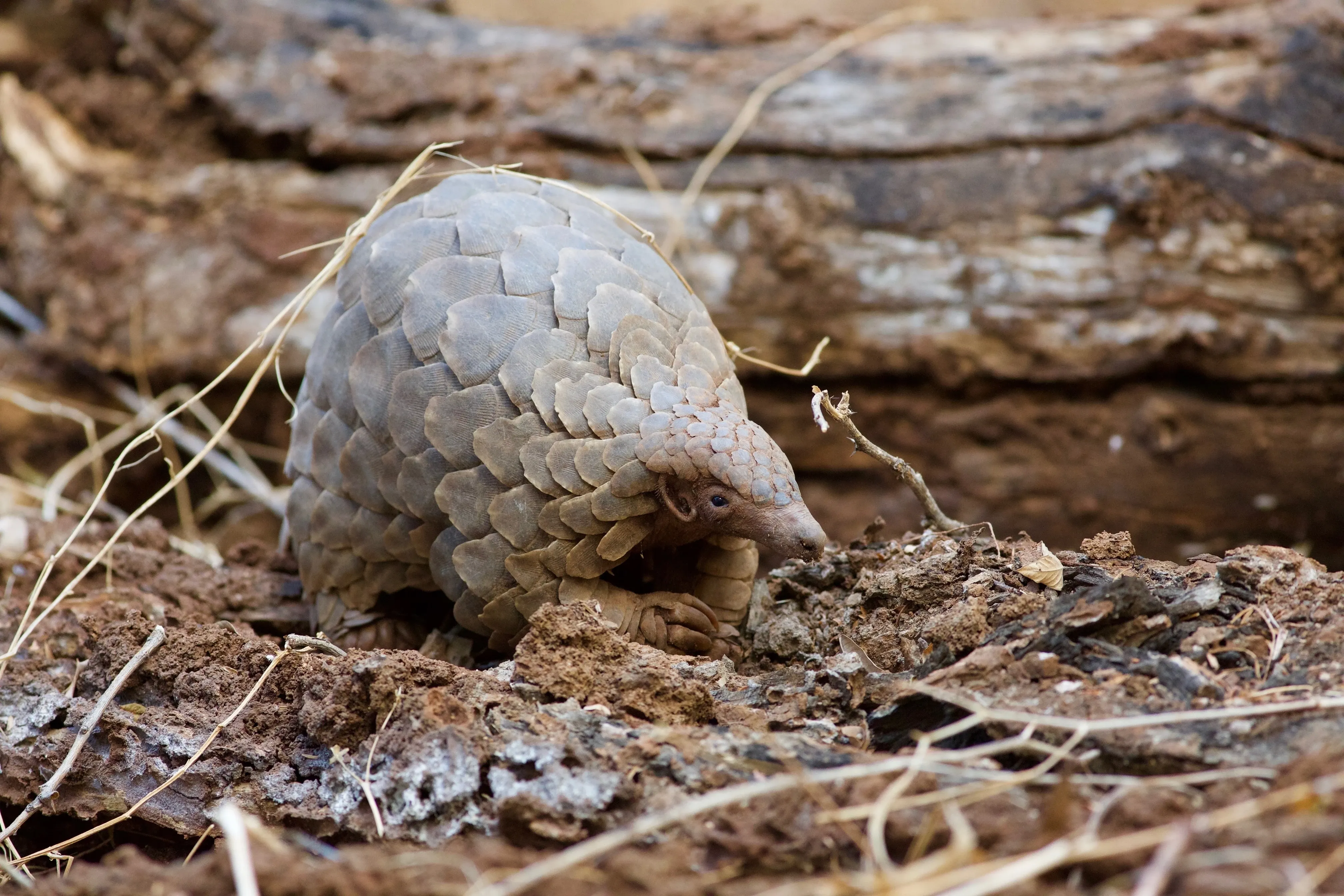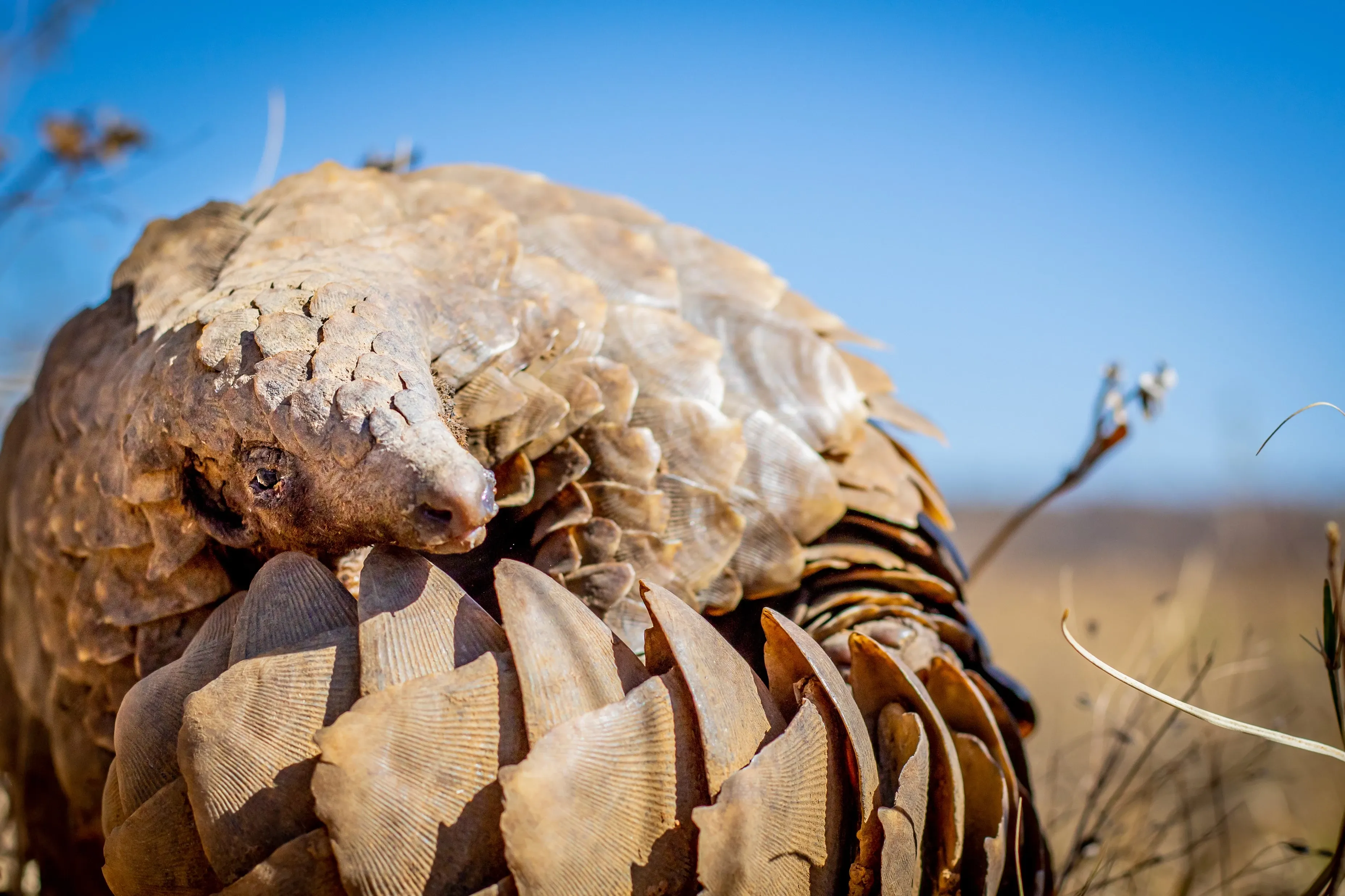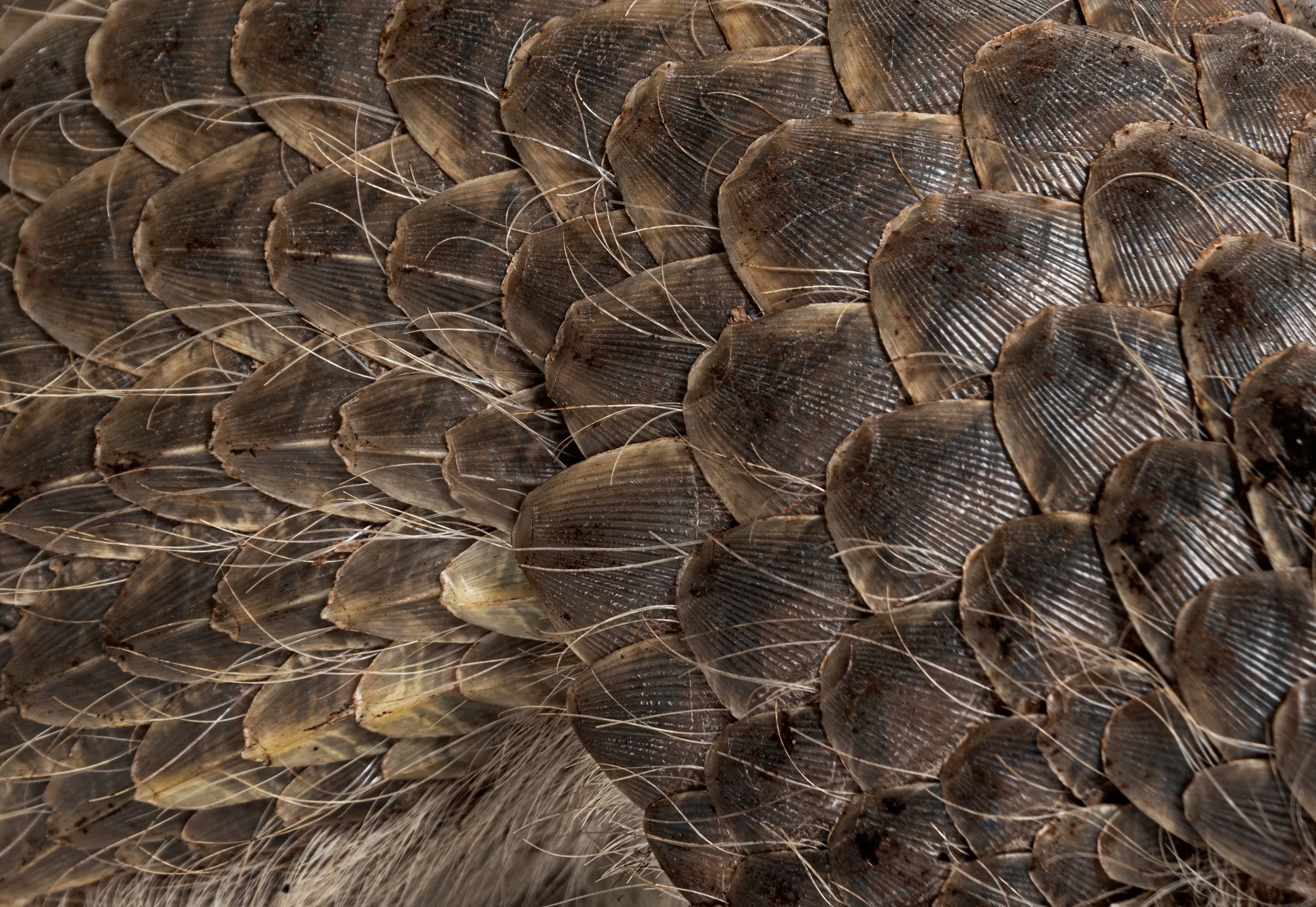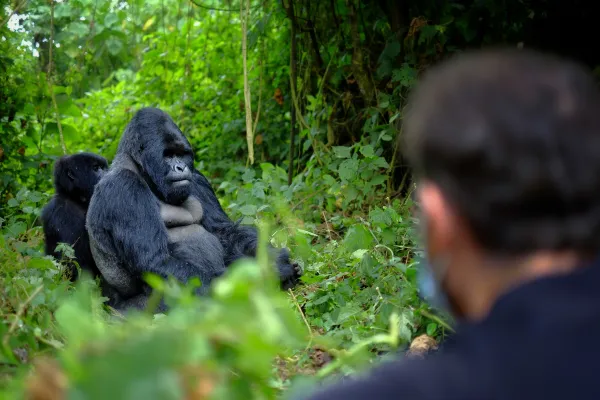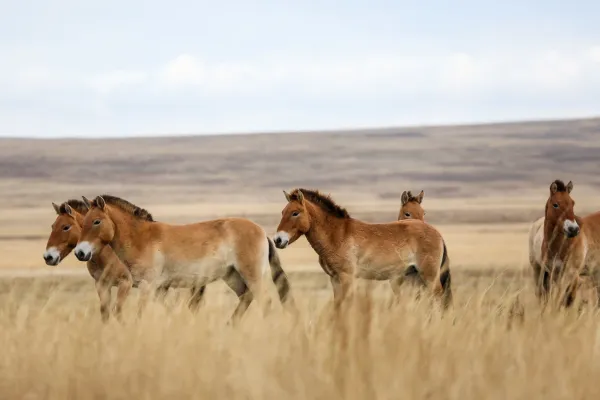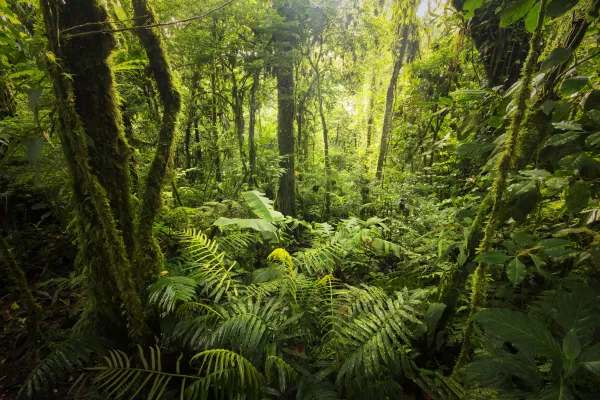Conserving the pangolin: World’s most trafficked mammal
Pangolins are famous for their status as the world’s most trafficked mammal. There are eight species of pangolin, all covered from head to tail in scales made of keratin – and all threatened with extinction.
Four species are found in Asia and four in Africa, with conservation statuses ranging from Vulnerable to Critically Endangered. All eight species of pangolin are protected under national and international laws, but the demand for pangolins is still considerable, and trafficking remains a very real threat to the survival of these unique mammals.
The demand for pangolin products on the black market makes the conservation of the species a particularly complex task. In this post, we will look into the threats facing pangolins and the many strategies being employed in attempts to secure their future.
Introducing the scaly anteaters
Pangolins are wonderfully unique mammals, recognisable by their armour of scales made of keratin (the same organic material as human fingernails). When they are threatened, pangolins roll up into a ball – a strategy that is effective for protecting themselves from most of their natural predators, but makes them particularly vulnerable to predation by humans. They are sometimes known as scaly anteaters, as their diet consists primarily of ants and termites, which they catch on their long sticky tongues.
Importantly for their conservation, pangolins are elusive creatures. Most are nocturnal and they don’t spend time in groups: they live solitary lives, apart from when they briefly come together to mate. Thanks to their insectivorous diet, pangolins have an important role in maintaining the balance of their ecosystems.
Threats facing pangolins
All pangolins are under threat and, without doubt, the most significant and urgent threat to their survival is poaching by humans. The number of trafficked pangolins seized by authorities in Asia and Africa is predicted to have increased 10 times in recent years, with 8.5 million pangolins taken from the wild in West and Central Africa between 2014 and 2021.
Pangolins are in high demand in Asia (particularly in countries like China and Vietnam) and, increasingly, Africa. Their scales are used in traditional medicine; they are claimed to treat an array of health conditions, from asthma to arthritis, though these claims are not backed by any scientific evidence. There is also considerable demand for their meat, which is considered a delicacy. In the Americas, pangolins are also in demand for their skin, which is used to make leather fashion accessories.
Conserving pangolins
Efforts to conserve pangolins are directed primarily at curbing the illegal trade of the animals and products derived from them. Strategies can be divided into three main areas: understanding the species, understanding the trade and quashing the trade.
Understanding the species
As nocturnal, solitary species, pangolins are difficult to study and, in turn, there is lots we don’t know about their behaviour and ecology. To help conserve the species, we must first learn more about how they live. Researchers in Asia and Africa are deploying numerous programmes to monitor pangolin populations. Besides traditional methods like on-foot surveys and camera traps, new techniques like radio tracking and using wildlife drones are being employed to help improve our understanding of wild pangolins’ ecology.
Understanding the trade
Before the illegal trade of pangolins can be stopped, it is vital that we understand the market for pangolins and pangolin products. As part of Operation Pangolin, launched by the University of Oxford, scientists are using insights from conservation criminology to prevent illegal harvesting and trafficking of pangolins. Seized pangolin products are also undergoing genetic analysis to identify where the pangolins originated and help build a picture of the trade networks.
Quashing the trade
Human behaviour is at the heart of pangolin conservation. If scientists can curb the demand for pangolins, they can prevent the illegal harvesting and trafficking of pangolins. This task is being approached from lots of angles to have the greatest impact. Conservation organisations are working with communities near pangolin habitats to empower local people and provide them the opportunity to get actively involved with pangolin conservation. Local people are being trained as rangers and education and awareness initiatives are underway to share information about the importance of conserving these unique mammals.
At a wider scale, organisations like TRAFFIC are working to halt the illegal trade in wildlife products. They monitor the international trafficking patterns and advise governments and law enforcement agencies to help target their investigations, as well as advocating for stronger enforcement of laws and training relevant authorities to identify pangolin products.
To target the issue at its source, TRAFFIC launched China’s Champions of Change. Through this project, TRAFFIC works with the Chinese government to reduce the consumption of endangered species in China – a major driver of trade in pangolins – using behaviour change initiatives.
The future for pangolins
Despite international bans on the trade of pangolins and pangolin products, pangolins are illegally trafficked in astonishing numbers, even today. Demand has remained high, and even grown, in recent years and the market for pangolin scales for traditional medicine and pangolin meat for serving as a delicacy provides a financial incentive for poachers and traffickers. The complexity and global scale of the issue, combined with the elusive nature of pangolins that makes it hard for researchers to study them, creates a huge challenge for conservationists.
Without significant and sustained intervention, pangolins would be likely to face extinction in the wild. With the help of new technologies, conservation organisations are making progress with monitoring pangolin species and compiling data on the trade network. The work being undertaken with local communities also offers hope for their conservation. While the challenges are undeniably formidable, there is hope for the scaly anteaters yet.
Sign up for the newsletter
By clicking on “Subscribe now” I will subscribe to the Conscious Explorer newsletter with all the information about mindful travel. Information on the success measurement included in the consent, the use of the shipping service provider MailChimp, logging of the registration and your rights of revocation can be found in our privacy policy.

